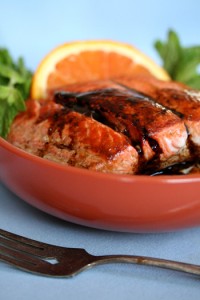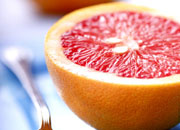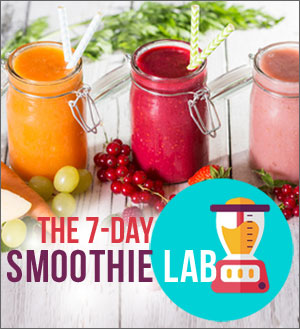 Vitamin B12 is a cofactor for enzymes that control DNA and RNA metabolism, energy production and the synthesis of hemoglobin, which carries oxygen in red blood cells.
Vitamin B12 is a cofactor for enzymes that control DNA and RNA metabolism, energy production and the synthesis of hemoglobin, which carries oxygen in red blood cells.
It’s also important for nerve function. High levels of the amino acid homocysteine are linked to increased risk for cardiovascular disease.
B12 plays a key role in the conversion of homocysteine to methionine.
Recommended Dietary Allowances for Vitamin B12
 Source: Office of Dietary Supplements, National Institutes of Health
Source: Office of Dietary Supplements, National Institutes of Health
Which Foods Have Vitamin B12?
Only animal-derived foods contain natural vitamin B12. Plant foods do not contain this vitamin, and so vegans must obtain B12 from another source.
Clams
Oysters
Crab
Salmon
Sardines
Beef
Lamb
Pollock
Halibut
Tuna
Cod
Haddock
Flounder/sole
Catfish
Shrimp
Cottage cheese
Yogurt
Milk
Turkey
Lobster
Pork
Cheese (hard varieties)
Eggs
Chicken
Some meat alternative foods, like soy burgers or meal bars, are now fortified with B12, and vegans can consume some from these food sources. In addition, most ready-to-eat cereals are fortified with varying levels of B12.
What Happens If You Don’t Get Enough Vitamin B12?
Vegans and some vegetarians can develop B12 deficiency due to poor intake. Deficiency can also be caused by malabsorption syndromes like celiac disease, autoimmune disease that inhibits B12 absorption, or surgery on the digestive system.
Vitamin B12 deficiency symptoms include a particular type of anemia called megaloblastic anemia. Red blood cells are too large and have little hemoglobin. Fatigue and weakness are common symptoms, along with constipation, sore tongue and loss of appetite.
Neurological symptoms, like tingling in hands or feet, memory and balance problems, and depression can accompany the anemia. Unfortunately, elderly people are at increased risk for developing B12 deficiency due to impaired absorption.
These neurologic symptoms can mimic dementia, so it’s important for elderly people with cognitive problems to be checked for B12 status. While correction of B12 deficiency may improve dementia-like symptoms, there is no evidence that additional B12 can treat or prevent Alzheimer’s.


 Are you ready to look better, feel more energized, and get back that youthful feeling you remember having as a kid? I can help you on a journey that will change the way you eat — for good. My
Are you ready to look better, feel more energized, and get back that youthful feeling you remember having as a kid? I can help you on a journey that will change the way you eat — for good. My 














 As a healthy cooking expert, health coach and TV host,
As a healthy cooking expert, health coach and TV host, 



Speak Your Mind